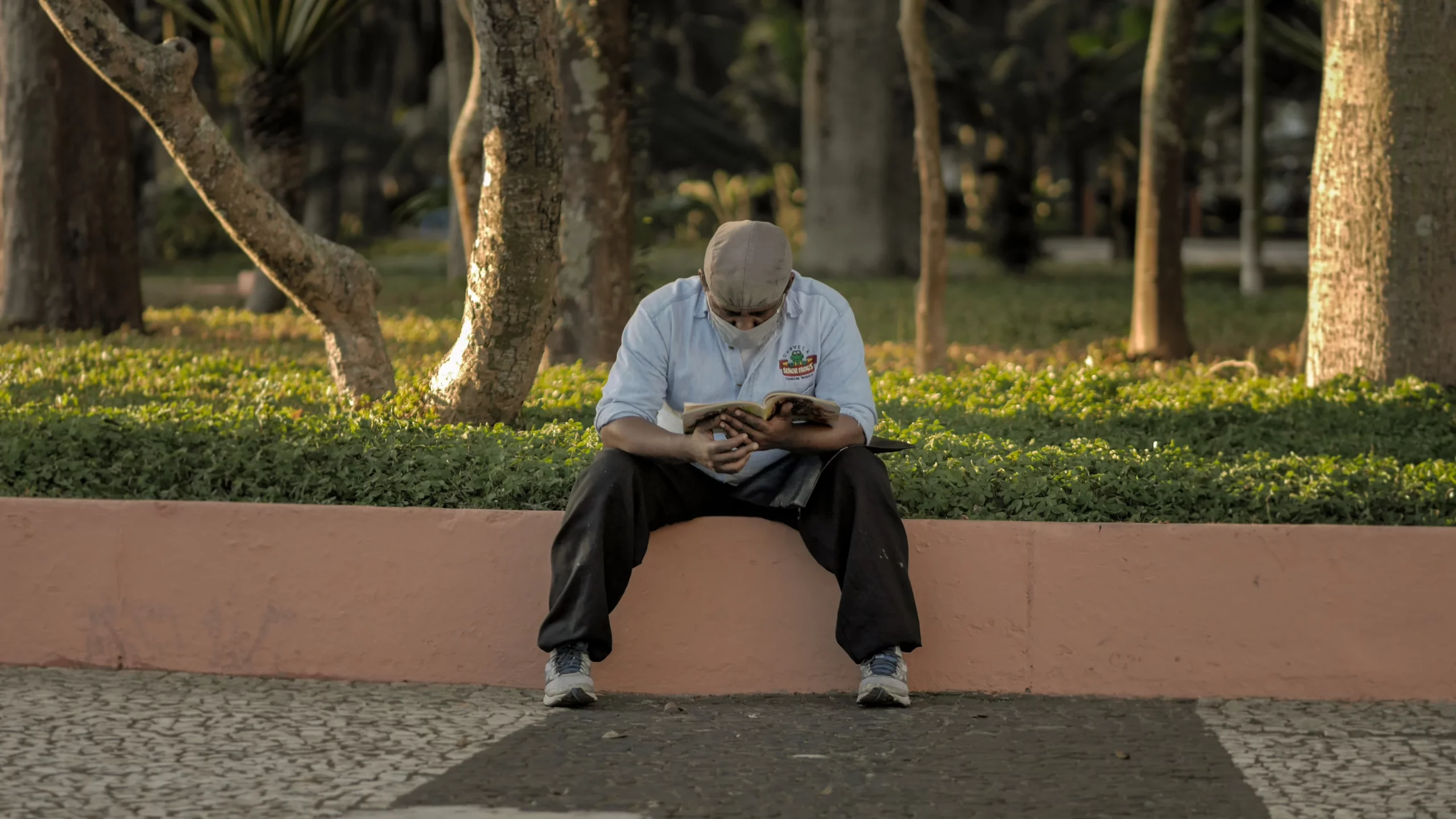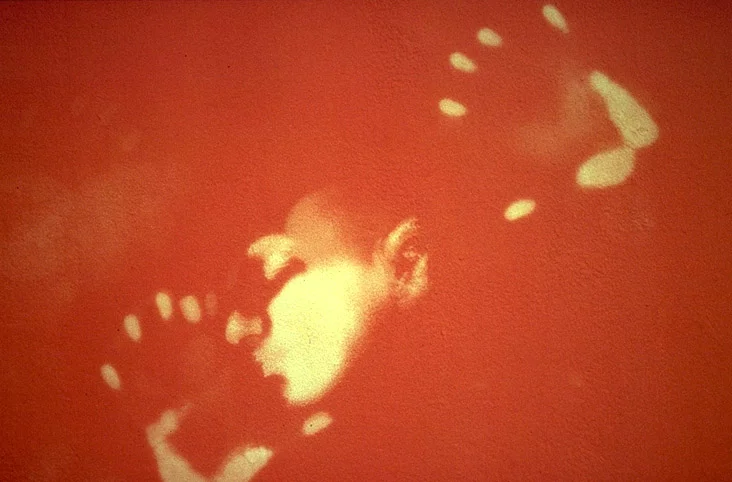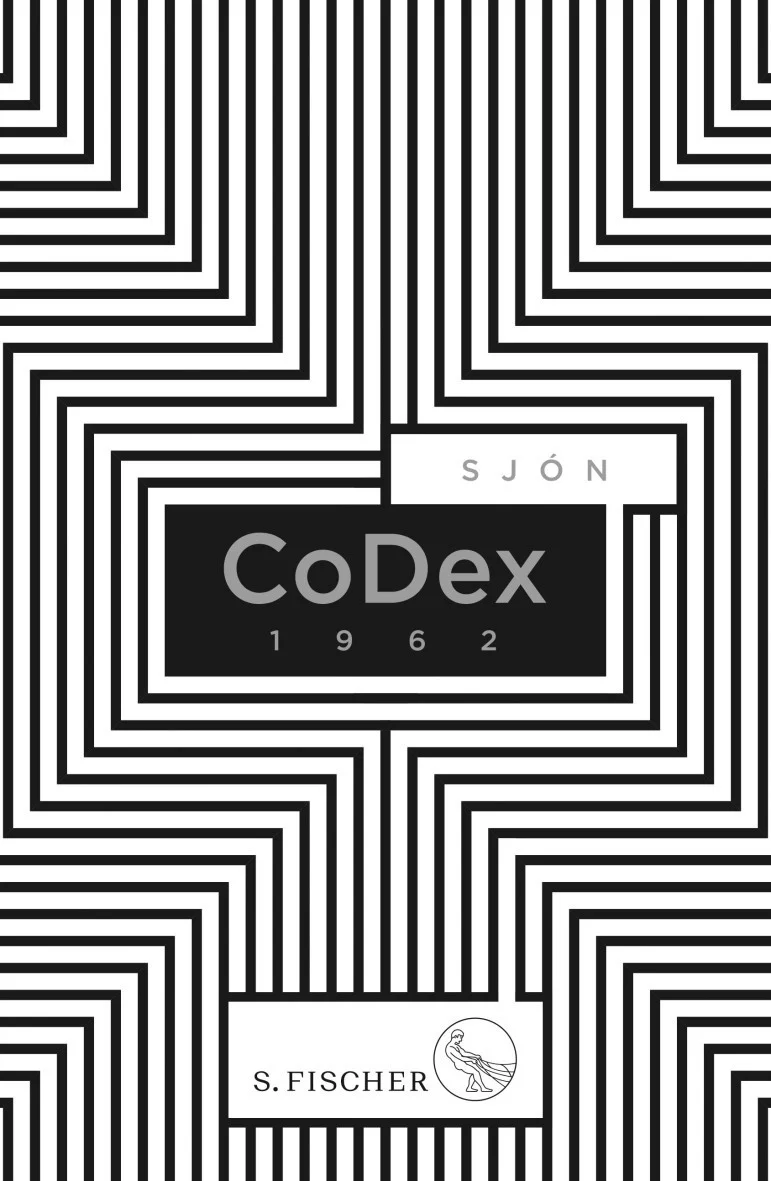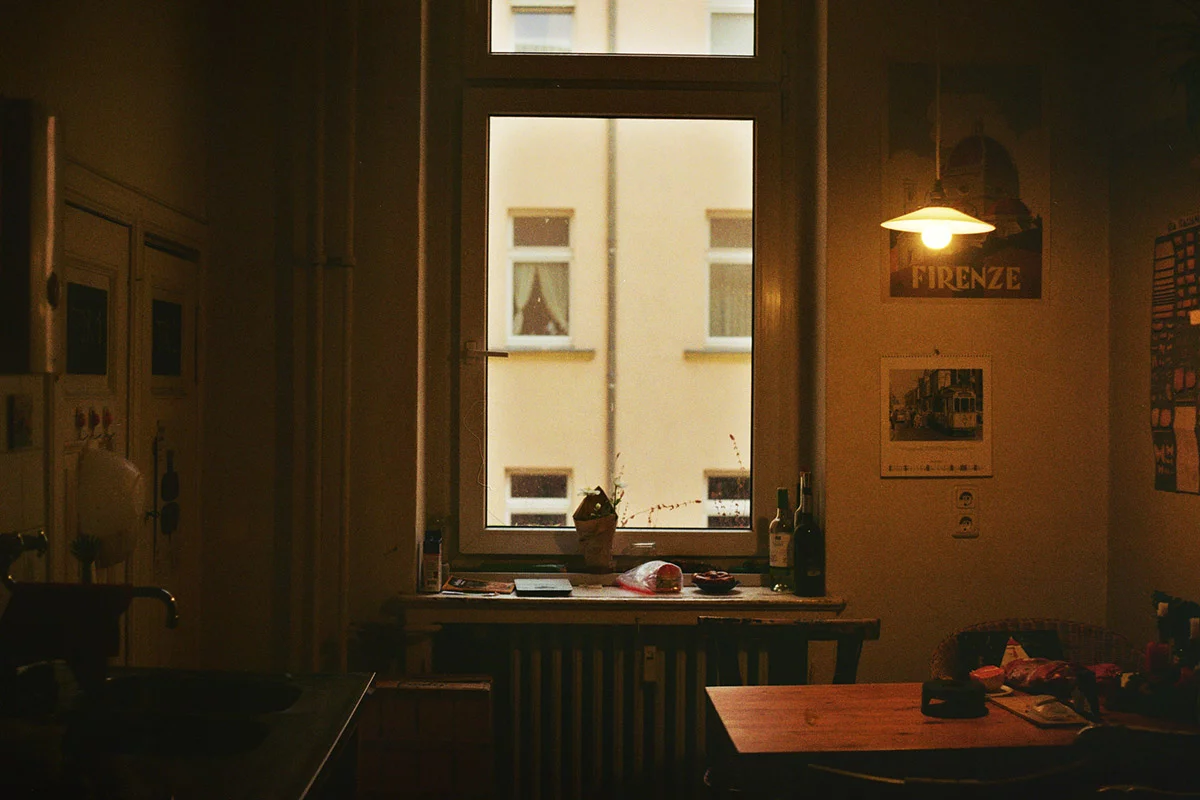A few days before the shelter-in-place order from the local authorities was implemented in São Paulo, I met an actress I know from Rio, from the days when she was an adolescent and I a sophomore. She seemed dazed and lost, admiring a derelict house a few meters from my building. She was amazed to see me, as if I were some displaced ghost from the past. She told me that she’d just been informed that the play she was rehearsing would be indefinitely postponed due to the coronavirus. She was in a state of shock, wandering the streets of my neighborhood as if seeing the world for the last time. She told me how lucky I was to be a writer at this unhappy and strange moment, having enough suspended time before me to write all the books I had postponed for various reasons, while her life as an actress seemed to be over.
I didn’t react at that moment. But now, after little more than a week of confinement and after listening to the president’s loathsome speech on TV, I could tell her how weird it feels to be a writer (and a citizen) in social isolation while the government takes advantage of a pandemic in order to fulfill its plans against the people and the country. There is little writing possible under these circumstances. Everything becomes distraction, impotence, urgency and anger. It felt like this already before the pandemic. The confinement only turned that which seemed more abstract and impalpable after his election into a magnified paradigm. It gave our impotence a concrete representation. And this is where I am now, hostage to an allegory that happens to be real.
Like some neighbors I can hear around the block, but not in my building, I also resort to howling and banging pots out of my window as a way of protesting against the president and calling for his ouster, while awaiting the worst, the expected carnage when the virus reaches the slums and the poorest.
He has said on TV that this is no worse than a simple cold, that people should go back to work and that the media is behind what he insists on calling “hysteria”. Some predict that this will be his end. But a few days ago he also mentioned that it isn’t yet time to decree a state of siege, letting us know what he has in mind, sending us a warning message about what may come. It would be the perfect timing actually, since we’re confined, and going out on the streets would now be a suicidal move.
They’ve tried to proceed with their autocratic project behind the scenes, pushing for the overturning of democratic laws and the Constitution. At first sight, the pandemic may seem an unpredicted obstruction to their project, but it also may serve them as an excuse to speed up their plans. A coup d’état would in fact be a way for his military ministers to take hold of the situation, silencing any dissent or criticism, while giving the president a free hand and a way out of this mess. For now, he has opted to a murderous and desperate strategy: a propaganda war against the lockdown.
So this is what I would tell the actress if we happened to meet again now, this is what occupies my writer’s mind, confined to my apartment late at night, long after the yelling and pot-banging have given way to an unpeaceful silence, as if the inevitable was not enough and the barbarians – not only the virus – were already here, hidden around us, waiting for dawn to launch their attack.
São Paulo, Spring 2020






























